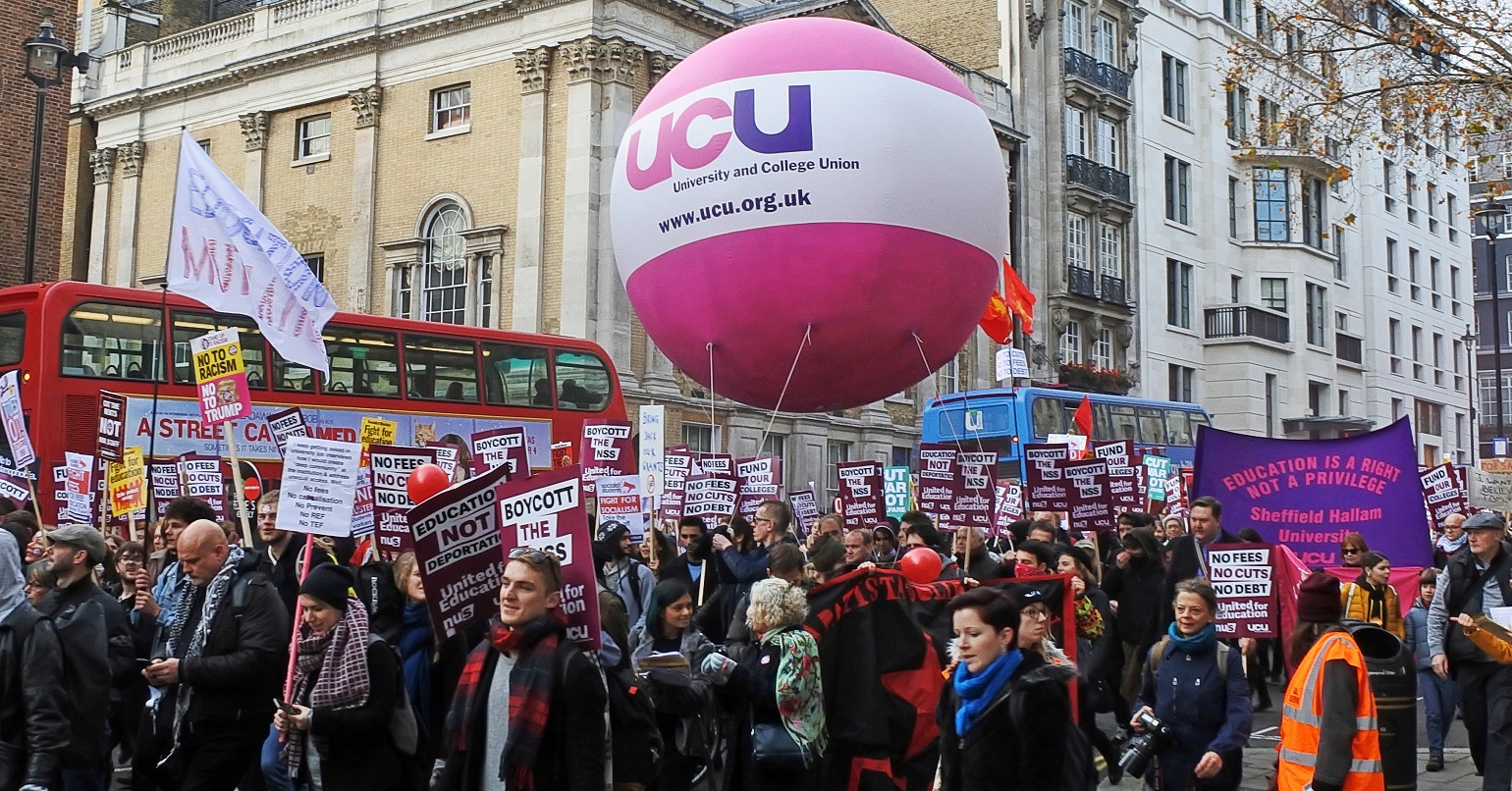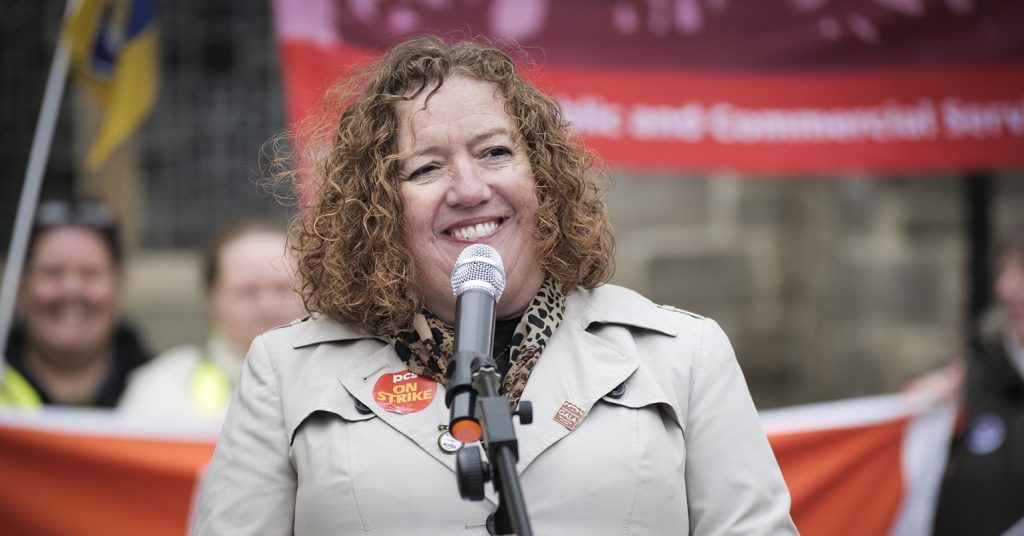UCU to launch national ballot for strike action in September

The hot strike summer rumbles on. The University and College Union (UCU) has launched its national ballot campaign for strike action in higher education. UCU is set to ballot its members for industrial action in September.
The move is a significant escalation in the union’s ongoing dispute over pay, working conditions and pensions.
While many university lecturers went on strike in early 2022, this was only in some workplaces. That’s because the ballots that mandated that action were undertaken workplace by workplace. It meant that if the union failed to meet the required 50 per cent threshold to permit strike action under the UK’s anti-trade union laws at an individual university, staff at that institution would not be able to participate in the action.
By contrast, a national ballot means that provided a majority of UCU members back industrial action and the turnout threshold is met, academic staff will walk out across the entire higher education sector.
Writing to members about the national ballot campaign, UCU General Secretary Jo Grady said,
In UK higher education, we are at a crossroads.
Ever decreasing pay, devastating cuts to our pensions, and the proliferation of precarious employment practices–all in a sector worth tens of billions of pounds.
The key question though, as always, is what are we going to do about it?
The attacks on you are UK-wide and this means our response must be a collective one. No longer can we fight these battles university by university. It is time to come together and deliver the biggest ballot in UCU history–if they come for one, they come for us all.
She continued by saying that the UCU will “run the most innovative pay, working conditions and USS pensions campaign ever seen in UK higher education”.
UCU is set to formally launch the campaign on Wednesday August 10 with what the union has described as “the biggest meeting in UCU history”.
If the ballot is successful, universities across the country will experience major disruption in the autumn, with students potentially facing cancelled lectures and lost contact hours.
Despite this, significant figures in the student movement have come out in support of the UCU’s decision. Kelsey Trevett, co-chair of the Young Greens – tweeted, “Students stand shoulder-to-shoulder with [UCU]: the marketisation of our education system, founded in dystopian neoliberal extremism, is a catastrophe for staff and students alike. An unprecedented drive to get the vote out: together, we can do it — we have to.”
Other Greens have echoed Trevett’s comments. Matthew Hull, chair of the Green Party Trade Union Group expressed his solidarity with the UCU. He told Bright Green, “Greens stand shoulder to shoulder with UCU members as they embark on their biggest ever national ballot as a union. University and college bosses have launched an assault on workers across the sector, and a collective fightback is urgently needed. After months and years of ballots by workplace, this aggregated national ballot is a sure sign that higher education workers will not be divided.”
The University and Colleges Employers Association (UCEA) has made a 3 per cent pay offer to the UCU. This would be well below inflation, meaning academic staff would experience another year of real terms pay cuts. Since 2009, UCU members have seen their real terms pay reduced by 25 per cent.
Image credit: It’s No Game – Creative Commons




Leave a Reply